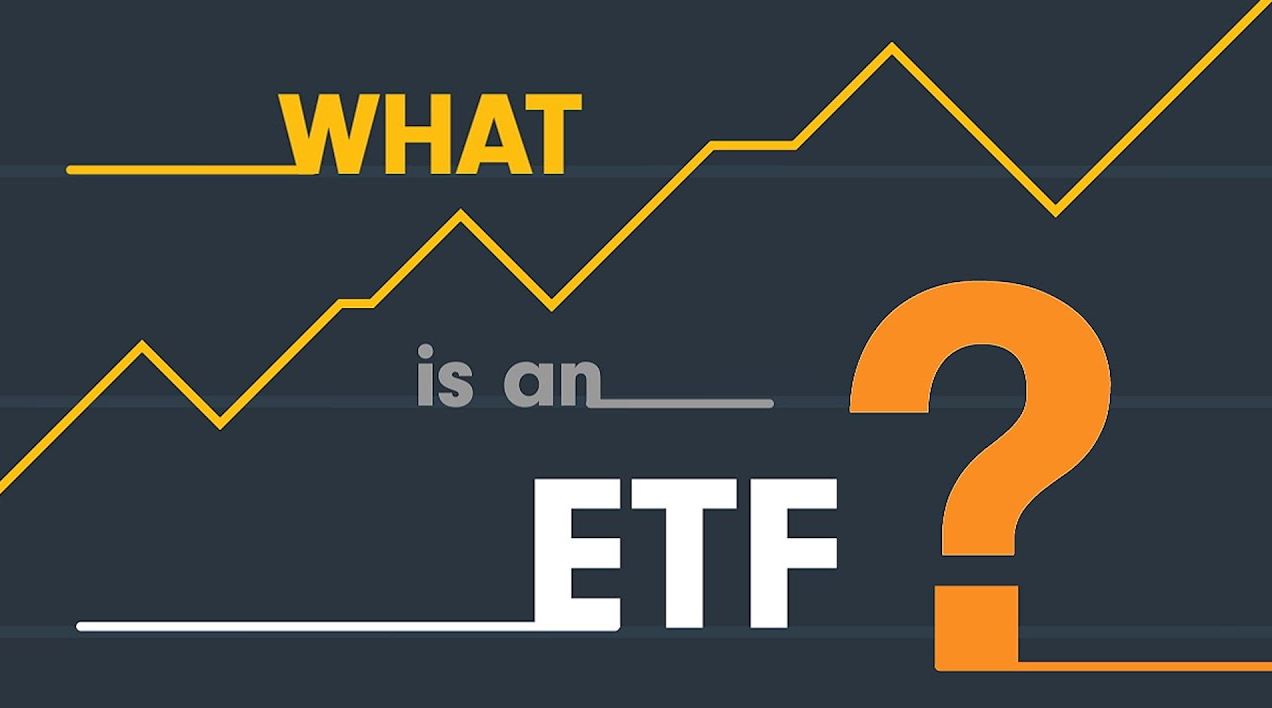If you have been asking yourself what is an ETF and should I be investing in one, here’s the low-down to help you decide…
An ETF is an Exchange Traded Fund. They were first introduced in 1993, and since then have been proven immensely popular amongst investors looking for Mutual Fund alternatives. There are now 1,194 different ETFs, totalling assets of $1.3 trillion.
Most ETFs work by tracking and aiming to replicate the performance of an index on the Stock Exchange, such as the FTSE 100 or the SP500. The funds are bought and sold via a stockbroker, who provides a portfolio of funds, combining the assets of many investors who all want to achieve a similar result. Money is pooled together and spread across a range of investments to ensure diversification.
ETFs can be traded whenever the stock market is open, so they offer the flexibility of being able to buy or sell at any time during the day. They are very transparent – it is easy to see how an ETF is performing. There also is a price per unit so you can clearly see what you are paying.
ETFs have an offer price (the price you buy at), a bid price (the amount you receive if you sell) and the difference between these is called the spread. The NAV (Net Asset Value) is the total value of investments divided by the number of shares in the fund. It is worth being aware that ETFs are subject to a ‘Tracking Difference’ which is the term used to describe the difference between the performance of the index they track and the actual performance of the ETF, as it won’t follow the index perfectly.
ETFs tend to be cheaper than other investment options such as Unit Trusts and OEICs (Open-Ended Investment Companies) as they are passively managed, meaning the running costs are low therefore the fees are lower. On the other hand, Active Mutual Funds have fees of around 1.5% or more, but a typical ETF fee might be as low as 0.05%.
ETFs are also more tax efficient when compared with Mutual Funds, due to fewer capital gains. There is also no charge when an ETF buys or sells shares, as it is considered to be an ‘in kind redemption’. Mutual Funds, on the other hand, are taxable if the fund manager sells them at a profit.
ETFs are also a diversified investment, meaning the risks are reduced by being geographically spread out as well as spread across a broad range of sectors and asset classes. The value can go down as well as up though, and you may not get back what you initially put in, so as with any investment it is important to go into it with your eyes open and seek professional advice from a qualified financial adviser before investing.
In the case of Open-Ended ETFs, the dividends are re-invested straight away, but if you invest in a Unit Investment Trust ETF your funds may be subject to ‘dividend drag’ as they are not automatically re-invested, so it is worth understanding this difference.
In summary, it seems ETFs can potentially offer lower fees combined with tax efficiencies, meaning a cost effective, transparent and hassle-free way to invest if you’re aiming for long term growth.

